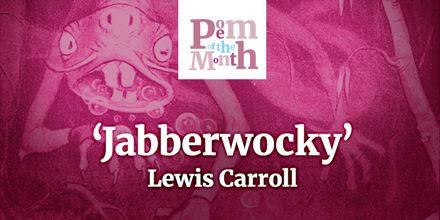O wind, rend open the heat,
Hilda Doolittle, Collected Poems 1912-1994, 1983
cut apart the heat,
rend it to tatters.
Fruit cannot drop
through this thick air—
fruit cannot fall into heat
that presses up and blunts
the points of pears
and rounds the grapes.
Cut the heat—
plough through it,
turning it on either side
of your path.

The perfect imagist
Born in 1886, Hilda Doolittle (published under her initialism H.D) was an American poet, memoirist, and novelist who played a pivotal role in the Avante-Garde literary Imagist group. One of the 20th century’s most influential movements, Doolittle moved to London in 1911 and became the poster girl under its founder, Ezra Pound. Though her writings eventually outgrew the group, Imagism’s role in the literary world is often greatly attributed to her works.
Imagism is all about compressed language, saying as much as possible in as few words. Using images to assert meaning, often with no setting or narrative, Imagist poetry often has no verse form but has a sonic precision which is undeniable, felt particularly in public readings.
In 1933, Doolittle underwent treatment with Sigmund Freud in Vienna and was an avid supporter of his works and the advancement of Psychoanalysis. Her memoir Tribute to Freud documents her experiences. This undoubtedly had influence over her fiction and poetry too. She was also heavily influenced by her love of ancient Greek literature, often citing directly from mythology in her writings.
Doolittle’s work was not fully appreciated in her own time, as her cross-gender relationships and strong feminist principles were not looked upon favourably. However, the writings of H.D were rediscovered in the 1970s, and she was hailed for her advocacy of women’s independence, sexual freedom, and honest expression of queer love. This made her an icon for the gay liberation movement and second-wave feminism, and she remains a huge influence on artists to this day.
Cutting the heat
The poem is a perfect example of Imagism. Heat uses very precise language to present and challenge experience. The immediate descriptions of stifling hot weather drag the reader into this uncomfortable but familiar place, without scene or setting. It could be anywhere, and this is the magic of H.D’s writing. It’s highly relatable without being overtly specific. The heat in this poem is not purely meteorological. The speaker is alluding to a very human feeling of overwhelming passion. This can be easily related to sexual desire.
When reading aloud, this poem fills the mouth with powerful alliteration battling for space in the overrunning, meterless lines. As the speaker commands orders to the wind, they are asking for something well beyond their control. The external force of nature amalgamates with the speaker’s internal struggles with desire and expression. In essence, Heat a poem about the movement of physical energy, and we can certainly feel it.
What do you think of this poem? Have you read any of Hilda Doolittle’s works? Let us know in the comments below.




No Comments